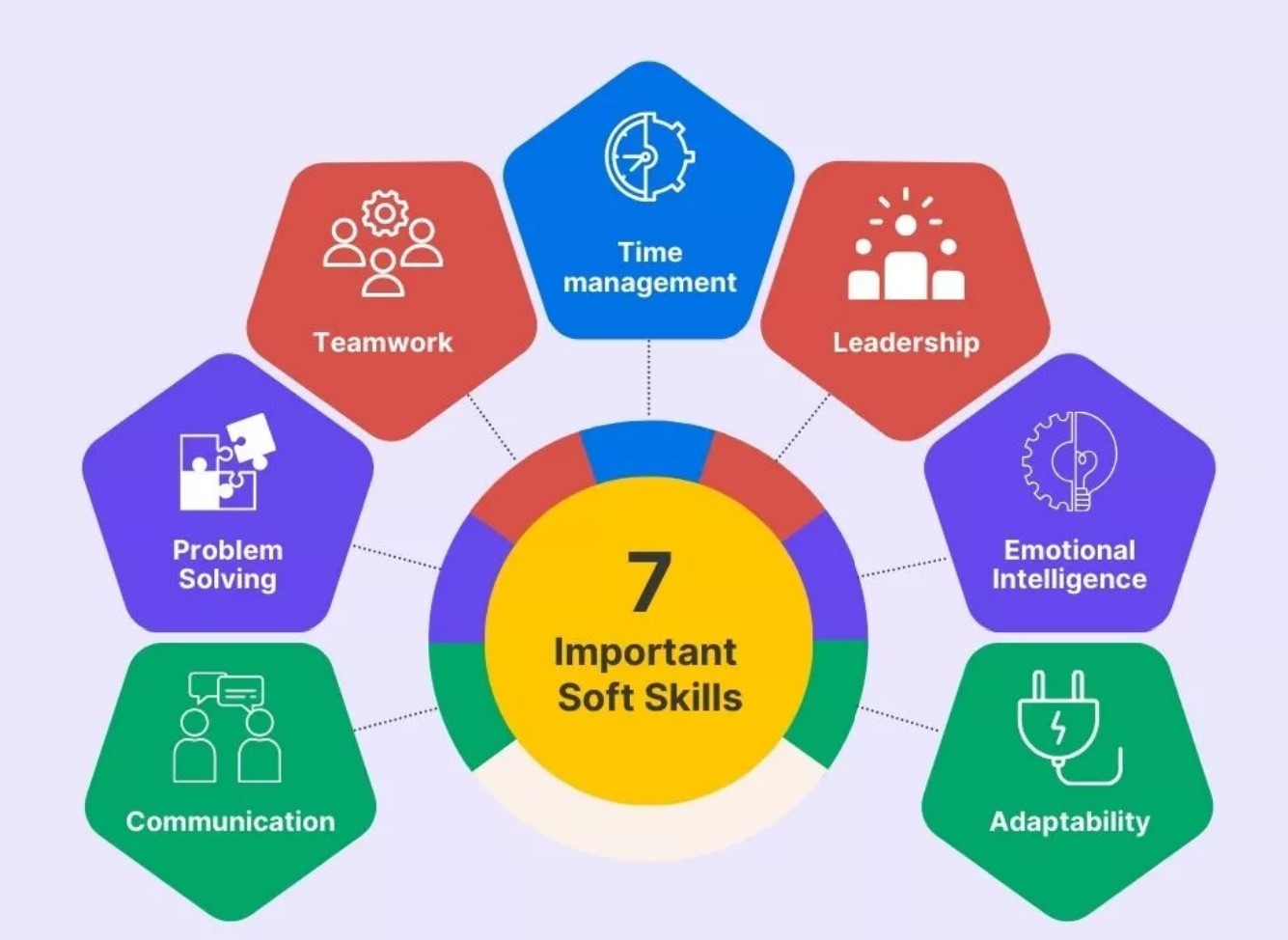

In today's rapidly evolving world, technical knowledge and academic prowess are undoubtedly crucial for student success. However, there is a growing recognition of the importance of soft skills—those intangible qualities that enable individuals to navigate interpersonal relationships, adapt to various situations, and excel in diverse environments. As we prepare students for an increasingly complex and interconnected world, it’s essential that schools place a strong emphasis on teaching soft skills alongside traditional academic subjects.
Soft skills, also known as interpersonal or people skills, encompass a wide range of attributes that facilitate effective communication, collaboration, and problem-solving. Unlike hard skills, which are specific to particular tasks and can be measured through tests and certifications, soft skills are more about how individuals interact with others and approach various situations. Key soft skills include:
The contemporary job market places a premium on soft skills. Employers increasingly seek candidates who are not only technically proficient but also possess strong interpersonal skills. The ability to collaborate, communicate effectively, and adapt to changing circumstances often distinguishes successful professionals from their peers. By integrating soft skills training into the curriculum, schools can better prepare students for the demands of the modern workforce.
Soft skills are not just beneficial in the workplace—they also enhance academic performance. Skills such as time management and problem-solving contribute directly to students' ability to excel in their studies. For instance, effective time management helps students balance academic work with extracurricular activities, while problem-solving skills enable them to approach complex assignments with confidence.
School is not only a place for academic learning but also a social environment where students build relationships and develop their social skills. Teaching soft skills fosters positive interactions among students, reduces conflicts, and promotes a supportive learning atmosphere. Students who learn how to communicate effectively and empathize with others are better equipped to form healthy friendships and collaborate successfully with peers.
Emotional intelligence and resilience are crucial for navigating life's challenges. Students who are taught to manage their emotions and respond constructively to stress are better prepared to handle setbacks and persevere through difficulties. These skills contribute to overall mental well-being and can significantly impact students' long-term success and happiness.
Soft skills such as adaptability and curiosity foster a mindset of lifelong learning. In a world where knowledge and technologies are constantly evolving, the ability to adapt and continue learning is essential. By nurturing these traits in students, schools can help them remain engaged and proactive in their personal and professional development throughout their lives.
Teaching soft skills in schools is not merely an add-on to traditional academic subjects; it is a fundamental aspect of preparing students for success in both their personal and professional lives. By emphasizing communication, teamwork, problem-solving, and emotional intelligence, schools can equip students with the tools they need to thrive in a complex and ever-changing world. As educators, parents, and policymakers, it is our collective responsibility to ensure that soft skills are given the attention they deserve in the educational system. In doing so, we pave the way for a generation of individuals who are not only knowledgeable but also capable, adaptable, and resilient.Top marks are only part of the equation
Follow our social media posts for regular updates on all things Full Spectrum Education!
Linkedin: https://www.linkedin.com/company/18361706/
Facebook: https://www.facebook.com/fullspectrumeducation/
Youtube: https://www.youtube.com/channel/UCgnnLc8w9Z_qVAcqmkm_Ryg
Spotify: https://podcasters.spotify.com/pod/show/fullspectrumeducation
X: https://x.com/fseduau